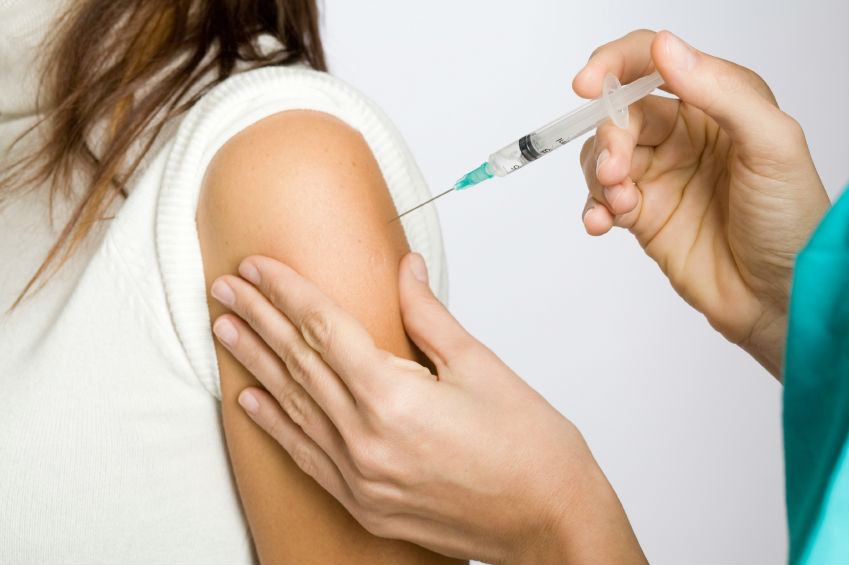Key Facts About The HPV Virus and the HPV Vaccine
The human papilloma virus is a type of virus that is spread through skin to skin contact with a person who has contracted the disease. It is very common, In fact, it is estimated that nearly 20 million people in America have been infected with the HPV virus. This virus may not produce any symptoms which is why it can be difficult to detect and prevent spreading further. It is recommended to get the HPV Vaccine in order to protect yourself against the HPV Virus.
There are 200 different strands of the HPV virus. Forty types are spread through sexual contact. The good news is that most people who contract the HPV virus will not have any adverse health effects. However, nearly all cervical cancer cases are linked to the HPV virus. Cervical cancer kills 3,710 women each year. The HPV virus can also cause oral cancer.
About The HPV Vaccine
There is a HPV vaccine that can protect against some strains of the virus. It is recommended for both girls and boys who are 11 or 12 years-old. Three doses of the HPV vaccination are given over the course of six months. If a girl does not get the vaccine by the age of 12, then the CDC recommends getting it by the age of 26. Boys should get the HPV vaccination by the age of 21.
It is important to note that the HPV vaccine does not protect against all strains. Researchers are currently in the process of developing new vaccines that will protect against more strands.
HPV Vaccine Side Effects
This vaccine has been controversial. Many people are concerned about the possible HPV vaccine side effects. This vaccine was tested for several years before it was put on the market and was tested on over 30,000 subjects.
However, it is important to note that all vaccines come with the risks of side effects. Most people who get the HPV vaccination will not have any side effects. Mild side effects include arm soreness, nausea, joint pain, muscle pain and headache. In rare cases, this vaccine can cause a severe allergic reactions.
The benefits of getting vaccinated strongly outweigh the risks for most patients. Not getting vaccinated can put one at risk for contracting the HPV virus, which can lead to cervical cancer later in life.
If you are needing to get vaccinated contact Onsite-MD today at 844-667-4835 to learn more about the HPV Virus and Vaccine.


Add Comment